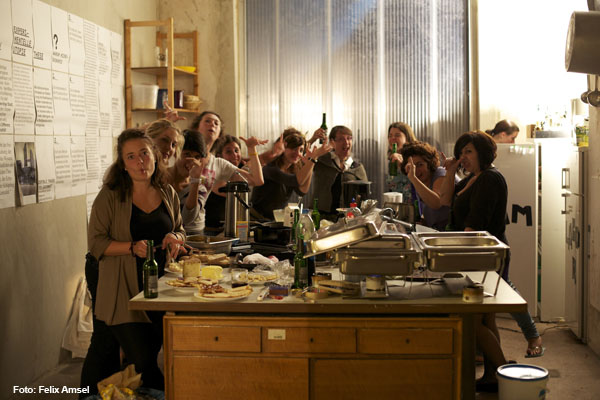International Summer School 2011
|
With the UdN International Summer School 2011 we offered a two week summer school program that was designed to encourage user centered design and co-creative solutions in addressing sustainability issues in the neighbourhood of Hamburg Wilhelmsburg. The task of the summer school was to develop an approach that makes resource-efficient lifestyles more desirable and living in Wilhelmsburg more green. The goal of the Summer School was to provide a “bottom-up” approach to greening cities. We focussed on analysing and proposing improvements to the local resource circuits: water, waste, energy, transport, food in the Wilhelmsburg area. By looking at existing systems of provisions and patterns of consumption in Wilhelmsburg, we were looking for ideas that help advance the green economy. Rather than on the large-scale strategic regulatory and infrastructure ideas, we put a particular focus on user-centered, context-specific solutions, ideas that could be pragmatic, experimental and minimalist. For a period of two weeks in August, 20 international students lived and worked and learned together at the UdN. The projects they developed were a product or a service or an organisational innovation. Whilst we were interested in quantifying as much as possible the impacts of the suggestions, the key performance indicator was be the improvement to quality of life and attractiveness in use. What is interesting is the direction of travel. The projects were developed in immediate dialogue with and exploration of the community in Hamburg Wilhelmsburg. The first two days the students got to know each other and the Wilhelmsburg neighbourhood. They had time to spot out critical aspects of the daily life in this neighbourhood for which they would then develop their “greening” idea. Lectures held by renowned speakers and researchers provided insight information for delivering green cities. The daytime was in general dedicated to project work where the teams are supported by the faculty staff. In the second week the proposal for the project were finalized. Energy
Water
|



